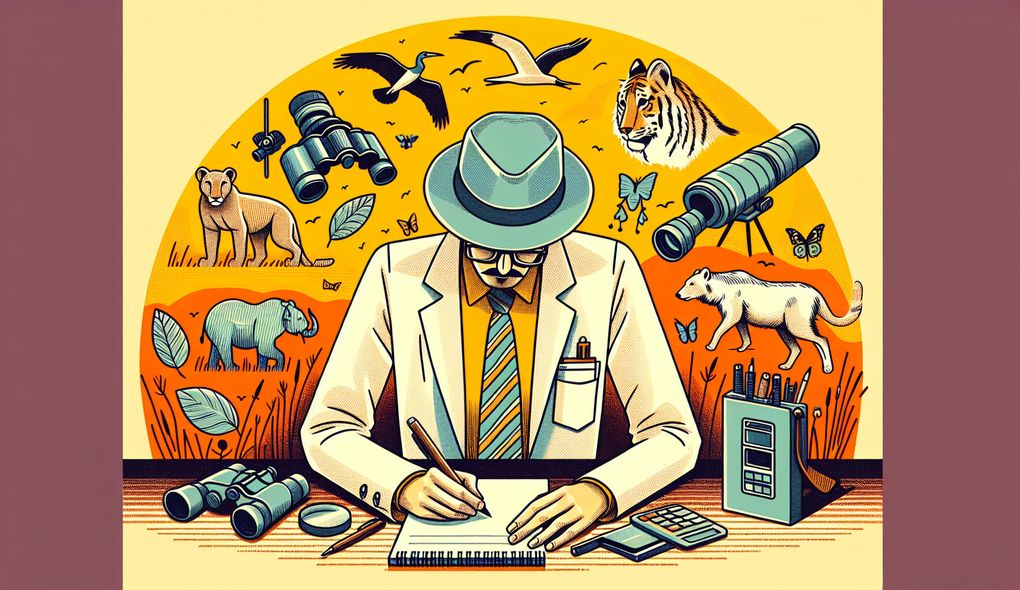How do you adapt to new environments and problem-solving situations?
SENIOR LEVEL

Sample answer to the question:
I adapt to new environments and problem-solving situations by taking a systematic approach. First, I gather as much information as possible about the new environment or problem at hand. This includes conducting research, analyzing available data, and seeking advice from experts if needed. Once I have a solid understanding, I brainstorm potential solutions and evaluate their feasibility and impact. I then prioritize the most effective solutions and develop a plan of action. During the implementation phase, I remain flexible and open to feedback, making adjustments as necessary. I also leverage my strong analytical skills to monitor progress and make data-driven decisions. Finally, I reflect on the experience to learn from any challenges faced and improve my approach for future situations.
Here is a more solid answer:
Adapting to new environments and problem-solving situations is a strength of mine. For example, in my previous role as a wildlife researcher, I was assigned to different field sites each season. To adapt quickly, I would thoroughly research the new location's flora, fauna, and environmental conditions, helping me understand the unique challenges and opportunities. In one particular project, we encountered unforeseen logistical issues in transporting research equipment to a remote rainforest site. To solve this problem, I collaborated with local communities to find alternative transportation methods, such as using traditional canoes. This adaptive approach not only ensured the timely completion of our research but also fostered strong relationships with the local community. Overall, my ability to gather information, think creatively, and collaborate effectively allows me to navigate new environments and solve problems efficiently.
Why is this a more solid answer?
The solid answer includes specific examples from the candidate's past experience, demonstrating their adaptability and problem-solving abilities. It showcases their ability to conduct research, think creatively, collaborate effectively, and overcome challenges. However, it can be improved by providing more details about the impact or results achieved in these situations.
An example of a exceptional answer:
I thrive in new environments and excel in problem-solving situations by leveraging a combination of adaptability, resourcefulness, and structured thinking. In my previous role as a Senior Zoologist, I was assigned a project to study the population dynamics of an endangered species in an unfamiliar habitat. To successfully adapt, I immersed myself in the scientific literature related to the species and its habitat, ensuring a comprehensive understanding of the ecological context and potential challenges. I also sought advice from renowned experts in the field, gaining valuable insights into the best practices and methodologies. With this knowledge, I designed a research plan that incorporated cutting-edge technology and statistical analysis software to gather and analyze data efficiently. Despite encountering a shortage of funding mid-project, I took the initiative to secure additional grants by developing persuasive proposals that highlighted the practical implications and conservation value of our research. Through effective networking and relationship-building, I successfully secured funding from multiple sources. The project not only generated groundbreaking findings published in reputable scientific journals but also had tangible implications for wildlife management and conservation efforts, serving as a blueprint for future initiatives. By adapting quickly, utilizing available resources, and applying structured problem-solving techniques, I was able to contribute significantly to the field of zoology and make a positive impact on wildlife conservation.
Why is this an exceptional answer?
The exceptional answer demonstrates the candidate's exceptional adaptability and problem-solving skills by providing specific details about their experience as a Senior Zoologist. It highlights their thorough research, seeking advice from experts, incorporating advanced technology and statistical analysis software, securing additional funding through grant proposals, and the impact of their work on wildlife management and conservation. Furthermore, the answer showcases the candidate's ability to thrive in new environments and make a meaningful contribution to their field.
How to prepare for this question:
- Familiarize yourself with different environments and problem-solving strategies by reading scientific literature and case studies in relevant fields.
- Develop strong analytical and research skills, as they are crucial for understanding new environments and identifying effective solutions.
- Stay up to date with the latest advancements in technology and software tools related to data analysis and statistical modeling.
- Practice adapting to different situations by seeking opportunities to work or volunteer in diverse environments.
- Prepare examples from your past experience that highlight your adaptability and problem-solving abilities.
What are interviewers evaluating with this question?
- Adaptability
- Problem-solving

